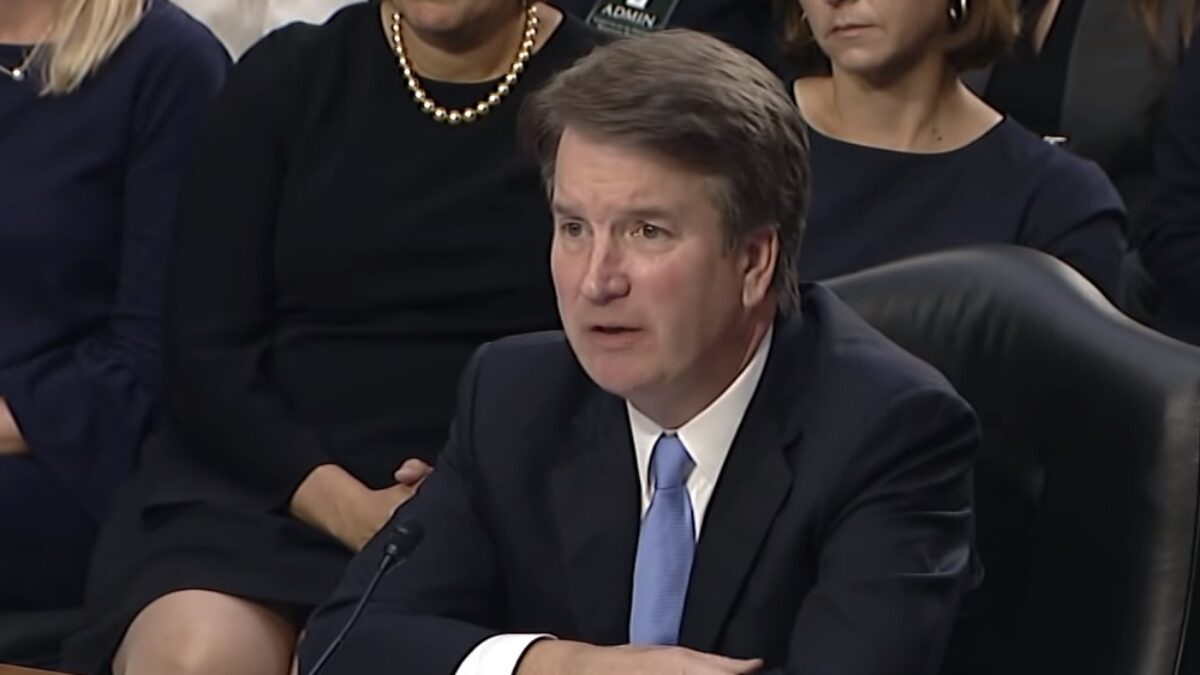Supreme Court Associate Justice Brett Kavanaugh, who is expected to be a decisive vote in Dobbs v. Jackson Women’s Health Organization, noted during Wednesday’s oral arguments in that case that not only is there historical precedent for overturning Supreme Court decisions that are “grievously” erroneous, but that in doing so, the court could restore its “neutrality.”
In questioning of attorneys before the court, Kavanaugh argued that because the right to abortion is not found in the Constitution, the Constitution is therefore “neutral” on abortion. That means abortion should be an issue for states or Congress to decide and the court should remain “scrupulously neutral on the question of abortion, neither pro-choice nor pro-life,” he suggested.
“Why should this court be the arbiter rather than Congress, the state legislatures, state supreme courts, the people being able to resolve this?” Kavanaugh asked. “And there’ll be different answers in Mississippi, in New York, different answers in Alabama than California, because there are two different interests at stake, and the people in those states might value those interests somewhat differently. Why is that not the right answer?”
U.S. Solicitor General Elizabeth Prelogar disagreed, arguing the court had already “correctly recognized that this is a fundamental right of women and the nature of fundamental rights is that it’s not left up to state legislatures to decide whether to honor them or not.”
To the argument about stare decisis — the principle that the court should stick to its past rulings – Kavanaugh argued that “History tells a somewhat different story, I think, than is sometimes assumed.”
He listed a number of “the most important cases in this court’s history” that overruled precedent, citing Brown v. Board, Baker v. Carr, Miranda v. Arizona, Lawrence v. Texas, and Obergefell v. Hodges. If the court had followed stare decisis in those cases, Kavanaugh said, “the country would be a much different place.”
Julie Rikelman, the attorney for the Center of Reproductive Health, argued, “The view that a precedent is wrong has never been enough to overrule that precedent.” The state of Mississippi would need a “special justification,” she said.
Yet if the court finds the precedents set by Roe v. Wade to be “seriously wrong,” Kavanaugh said, then “why then doesn’t the history of this court’s practice [suggest] that the right answer is to return to the position of neutrality?”









